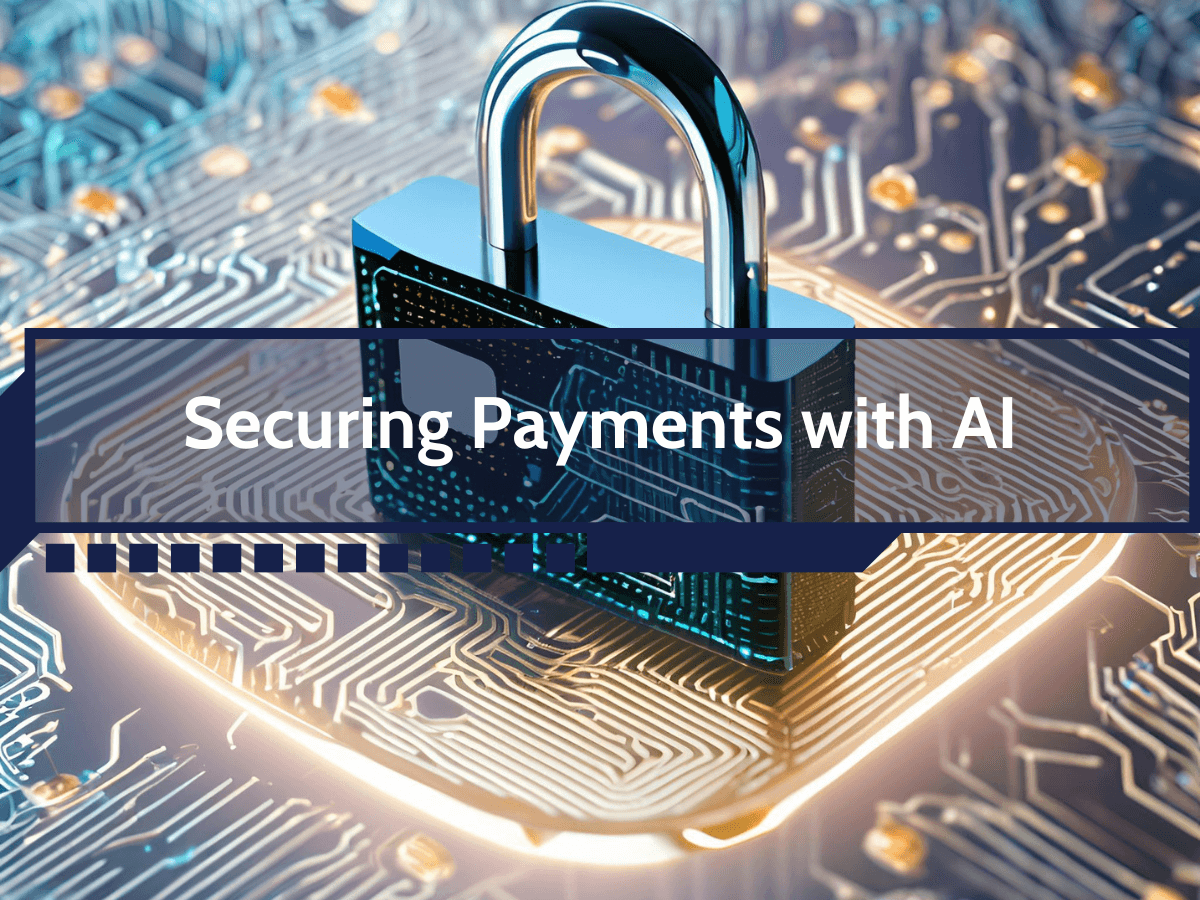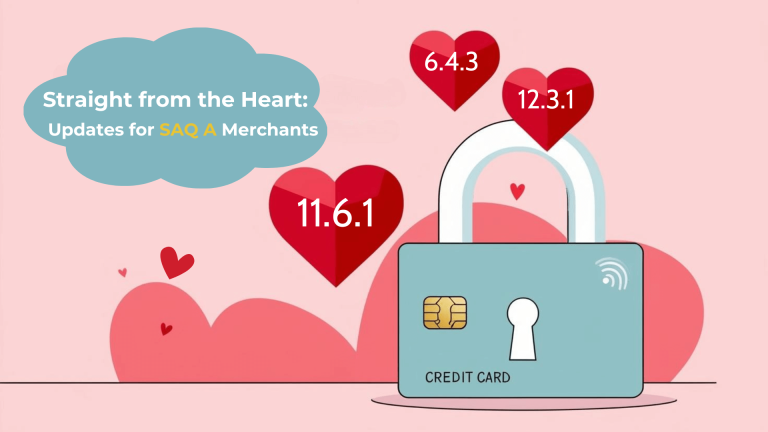Leveraging AI for Smarter PCI DSS Compliance
Artificial intelligence is becoming a vital tool for businesses to enhance security, meet PCI DSS compliance requirements, and streamline risk management processes. For merchants, integrating AI into compliance strategies provides an opportunity to proactively address vulnerabilities while maintaining operational efficiency.
The Role of AI in PCI DSS Compliance
PCI DSS 4.0.1 introduces a stronger focus on continuous monitoring and adaptive security measures. AI can play a critical role in helping businesses meet these expectations by:
- Enhancing Monitoring: AI tools continuously monitor environments to detect vulnerabilities and suspicious activities.
- Streamlining Vulnerability Management: AI automates the identification and prioritization of vulnerabilities, allowing businesses to focus on high-risk areas.
- Improving Incident Response: By providing real-time insights, AI helps organizations quickly respond to security incidents.
How AI Supports Scanning Requirements
For merchants, meeting scanning requirements is a critical component of maintaining PCI DSS compliance. AI enhances the scanning process by:
- Prioritizing Risks: AI helps identify and rank vulnerabilities based on their potential impact, enabling merchants to address the most critical issues first.
- Reducing False Positives: By analyzing patterns and behaviors, AI minimizes false alerts, ensuring that security teams focus on genuine threats.
- Continuous Assessment: AI-driven tools support ongoing scanning and assessment, ensuring that merchants stay compliant between scheduled scans.
These capabilities align with PCI DSS 4.0.1’s emphasis on proactive, continuous security measures.
AI Applications for Key PCI DSS Requirements
AI can enhance compliance across several areas of PCI DSS:
1. Continuous Monitoring
AI strengthens monitoring by detecting anomalies in real-time and identifying suspicious behavior within cardholder data environments (CDEs).
2. Vulnerability Management
AI automates vulnerability scans and helps prioritize remediation efforts, ensuring merchants address the most critical risks promptly.
3. Incident Response
AI supports incident response plans by accelerating threat detection and providing actionable insights to mitigate risks effectively.
4. Access Control
AI-driven access control systems identify and respond to unusual access patterns, reducing the risk of unauthorized data access.
What Merchants Should Know About AI and Compliance
While AI offers significant advantages, merchants should take a thoughtful approach to implementation:
- Alignment with Standards: Ensure that AI tools are designed to meet PCI DSS requirements and integrate seamlessly into existing workflows.
- Data Privacy: Use AI systems that comply with data protection regulations, ensuring sensitive information is handled appropriately.
- Scalability: Choose solutions that grow with your business, maintaining compliance as your environment evolves.
Why AI Matters for Merchants
AI can transform the compliance and security process for merchants by:
- Streamlining Compliance Efforts: AI reduces the time and resources needed to meet scanning and reporting requirements.
- Staying Ahead of Threats: AI’s real-time capabilities ensure that vulnerabilities are identified and addressed promptly.
- Enhancing Customer Trust: A proactive approach to security builds confidence with customers and stakeholders.
Practical Applications of AI in PCI DSS Compliance
Merchants across industries are leveraging AI to improve security and compliance:
- E-Commerce: AI detects fraudulent transactions and monitors online environments for vulnerabilities.
- Retail: AI enhances security at the point of sale, identifying anomalies in payment systems.
- Financial Services: AI monitors account activity to prevent unauthorized access and detect suspicious behaviors.
The Future of AI and PCI DSS Compliance
Additional Considerations for Merchants
Merchants should also consider how AI can streamline audit preparations. By maintaining continuous compliance through AI-driven monitoring and vulnerability management, businesses can reduce the stress of annual audits. AI systems can generate comprehensive compliance reports automatically, saving valuable time for internal teams and reducing the risk of audit delays. Leveraging these tools not only simplifies the process but also strengthens a merchant’s overall security posture.
As PCI DSS evolves, AI will likely become an even more integral part of security standards. For merchants, adopting AI now positions them to stay ahead of future requirements and protect their customers effectively.
Key Takeaways for Merchants
AI offers significant potential for merchants navigating PCI DSS compliance. By leveraging AI, merchants can meet today’s requirements while preparing for future challenges.
For businesses looking to strengthen their compliance efforts, integrating AI into security strategies is a smart and practical step. With the right tools and a proactive approach, merchants can protect sensitive data, maintain compliance, and build trust with clients.




